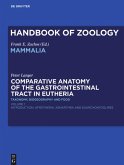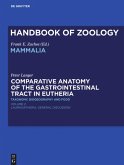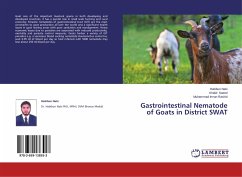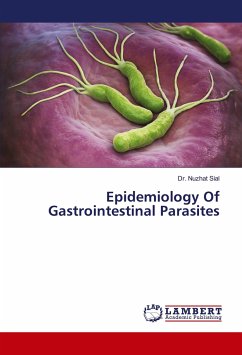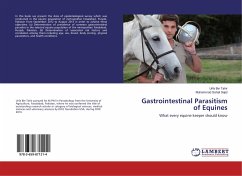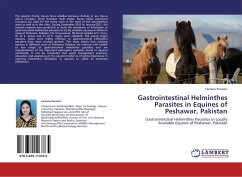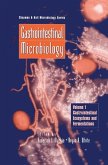The gastrointestinal tract is the largest endocrine gland with reference to number of hormones secreted and the size. The GIT secretes more than 30 hormones and number of bioactive peptides. The endocrine gut forms diffused neuronedocrine system consisting of enterchromaffin or argentaffin cells, islets of Langerhans cells. The endocrine GIT secrete peptide hormones that can be grouped into seven families on the basis of their structural homology and the function as 1. Secretin family includes secretin, VIP, glucagon and GLP-1 and GLP-2, somatostatin, peptide histidine isoleucine, pituitary adenylyl cyclase activating peptide.2. Gastrin family consists of gastrin and cholecystokinin. 3. PP fold family is composed of pancreatic polypeptide, neuropeptide Y and peptide YY. 4. Somatostatin family include somatostatin and corticostatin. 5. Tachykinin family has substance P and neurokinins as their members. 6. Insulin family includes insulin, relaxin and insulin like growth factors 1 and 2. 7. EGF family has epidermal growth factor, amphiregulin and transforming growth factor alpha as its members. The genetics, mechanism of action, physiology and the clinical correlations is discussed.
Hinweis: Dieser Artikel kann nur an eine deutsche Lieferadresse ausgeliefert werden.
Hinweis: Dieser Artikel kann nur an eine deutsche Lieferadresse ausgeliefert werden.


